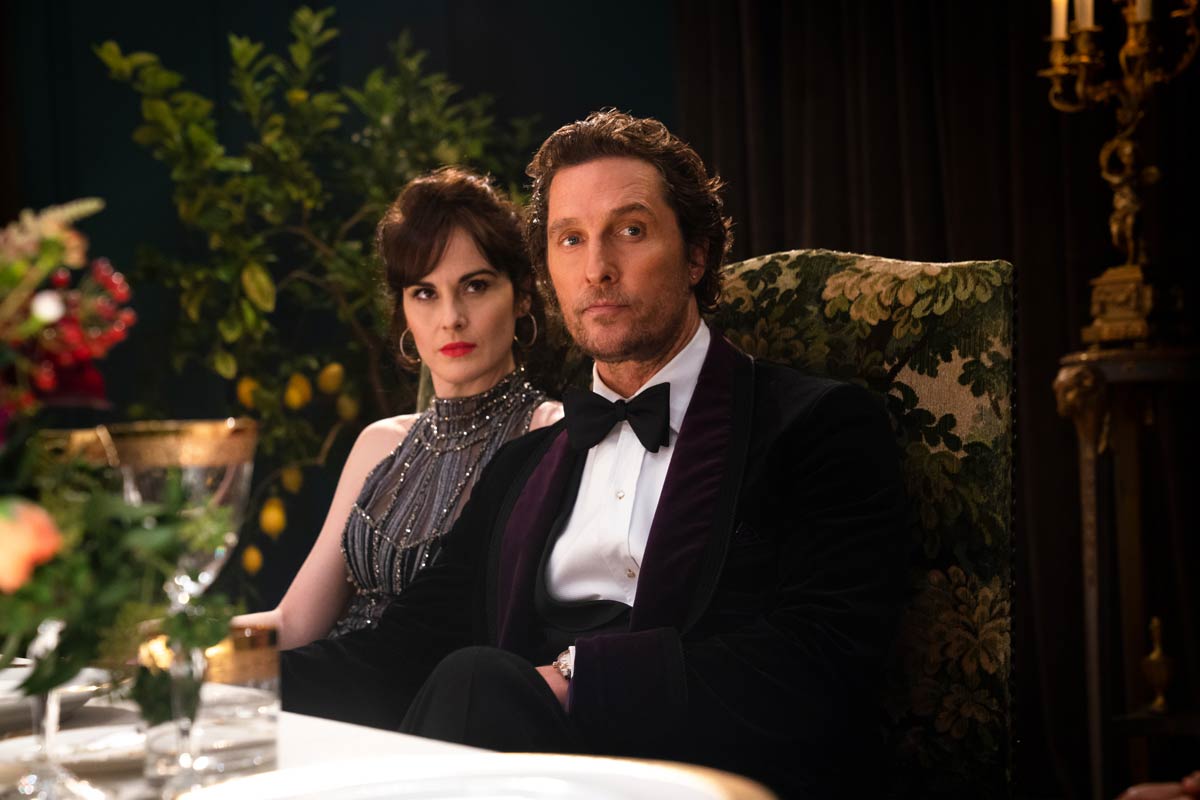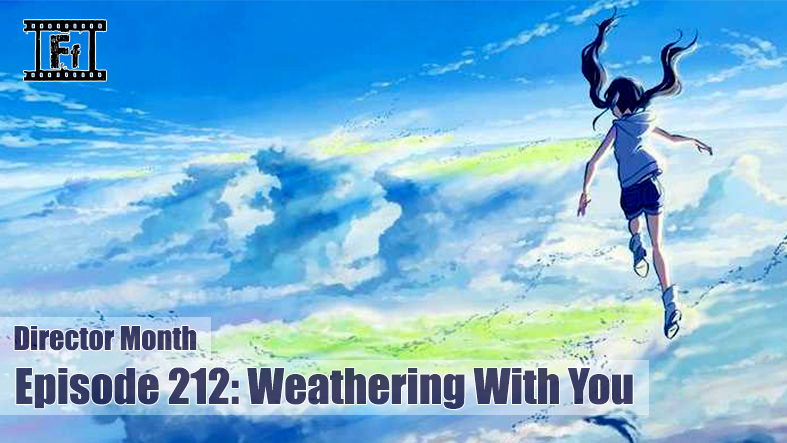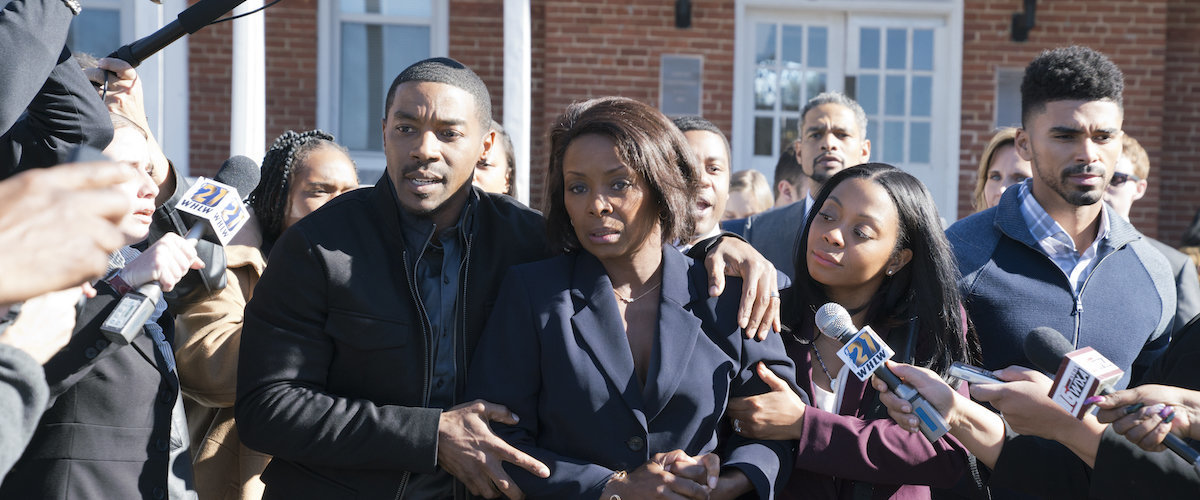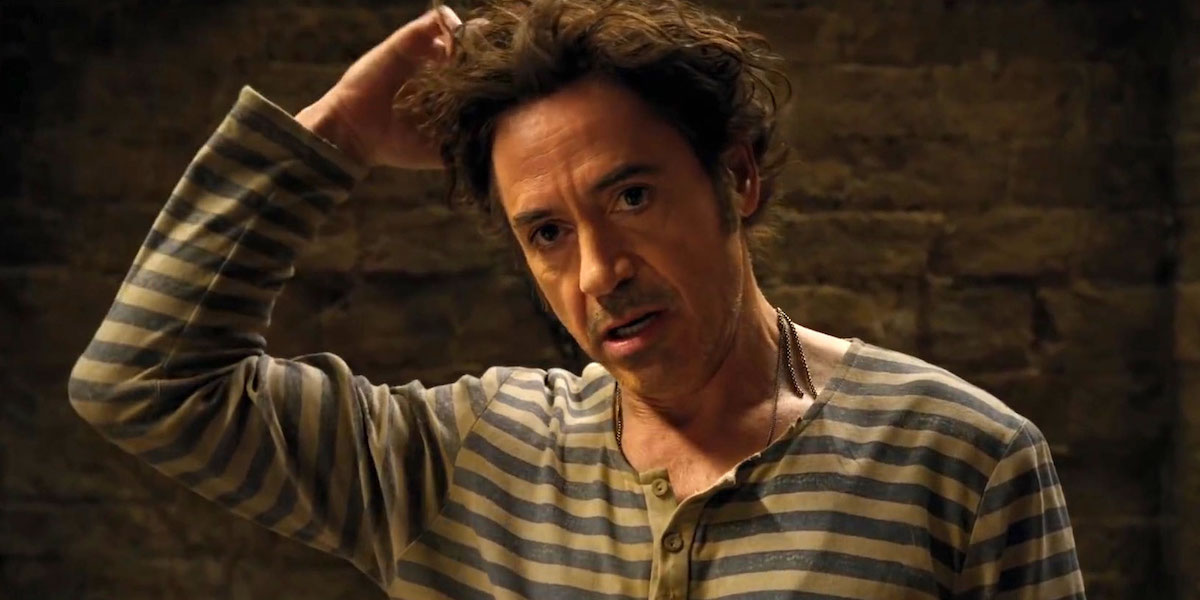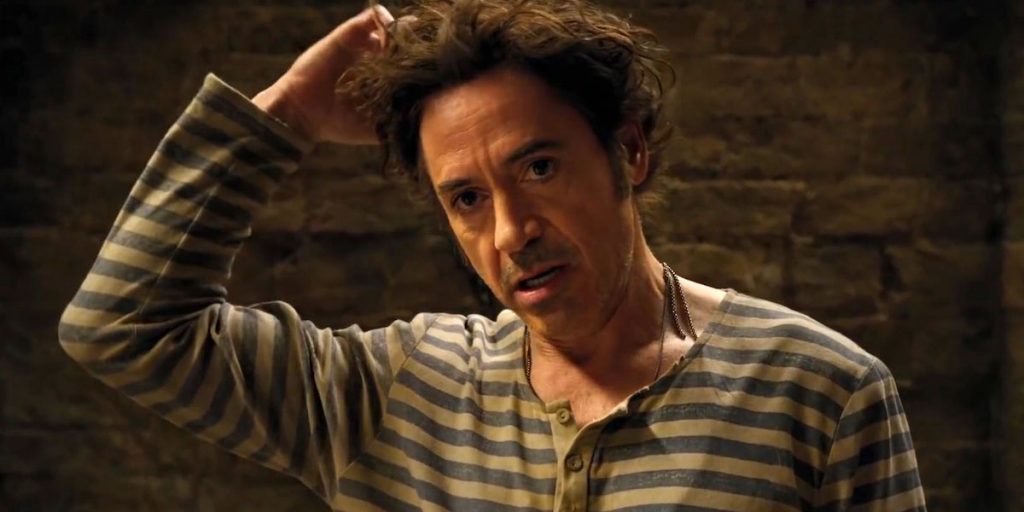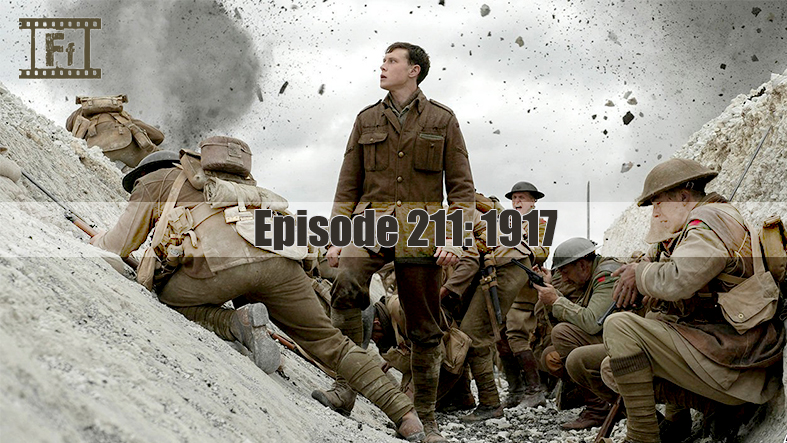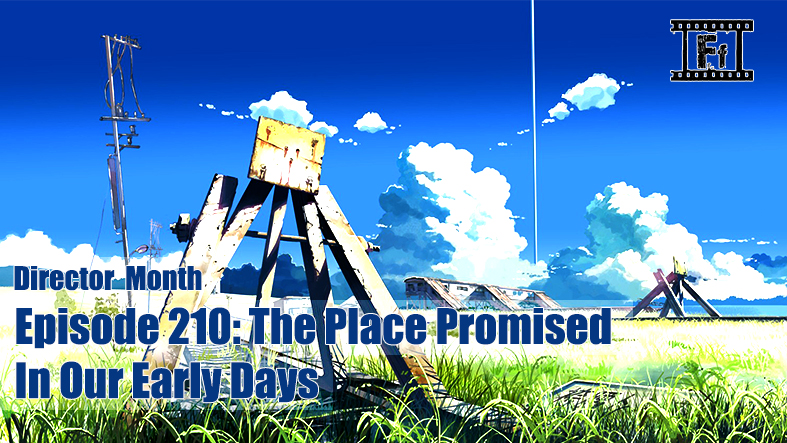Rating: R / Runtime: 1 hour and 50 minutes
Once upon a time, I served for many years in the United States Navy. One of the heights of my career was being selected for advancement to Chief Petty Officer, a position of unique and particularly valued leadership. Before we could officially be accepted and wear our anchor collar insignia, we spent a summer being schooled in Naval history, toughened through increased physical fitness exercises, and eventually participated in a time-honored tradition that tested our mental, emotional, and physical limits while forcing us to rely on each other in ways that strengthened the bond of brotherhood between us all. As part of our Naval history training, we were required to learn about the many Medal of Honor (MoH) recipients who served in the Navy and Marine Corps. I remember vividly being at PT (physical fitness training), well before the sun had risen, reciting MoH citations verbatim in the push-up position, unable to recover and stand until we’d remembered every detail precisely. Now I know that some of you reading this will probably be thinking how cruel this sounds, but its effect on us was profound. These methods hammered home the importance of remembering and honoring those who came before. It wasn’t about having knowledge for the sake of it, we were being trained to pass down the Naval history from our generation of Sailors to the next, ensuring that the sacrifice and valor of all the man and women awarded the MoH was never, ever forgotten, or taken for granted.
“The Last Full Measure” tells the story of a man who was forgotten, though, at least in terms of being remembered equal to his action. Airman William H. Pitsenbarger was a U.S. Air Force Pararescue Jumper who served as a medic in the Vietnam War. On April 11, 1966, he entered a war zone and tended to injured men until they could be evacuated safely via helicopter. When the last helicopter was forced to leave due to heavy enemy fire, Airman Pitsenbarger waved it off, choosing to stay with the wounded infantrymen still fighting off a Viet Cong assault. Despite being wounded several times himself, he continued to treat others in any way he could and distributed ammo to those who could still resist before ultimately being killed. The battle was one of the most deadly of the war with Americans suffering heavy losses, but due to Pitsenbarger’s courageous actions at least 9 men were able to return home alive.
For his actions, Pitsenbarger was awarded the Air Force Cross. The film follows the efforts of the men he saved, his parents, and an initially reluctant Department of Defense staffer Scott Huffman (Sebastian Stan) to see him recognized with the Medal of Honor, the United States of America’s highest and most prestigious personal military decoration. Over the course of the film, Huffman visits many of those whose lives are owed to or were impacted greatly Pitsenbarger, with him slowly learning about their trauma from the war and the possibly covered up true events of that fateful day. Director Todd Robinson, who has worked on this project for 20 years, utilizes flashbacks to the battle in order to depict Pitsenbarger’s actions in a way we can visually understand. Admittedly, Robinson has not mastered his craft, and the film suffers from clunky transitions between past and present and some overly melodramatic camerawork at times. But Robinson’s passion for sharing Pitsenbarger’s story with the world shines through every frame and the emotional acting of this stacked veteran cast, which includes such heavyweights as Sam Jackson, William Hurt, Peter Fonda, Christopher Plummer, Ed Harris, Dianne Ladd, and Bradley Whitford. Backed by a beautiful, tender, and moving score by composer Philip Klein, I spent the second half of the film in uncontrollable tears, powerfully moved by the brotherhood, fatherhood, valor, and integrity I saw on display.
Some critics have already faulted the film for not dealing harshly enough with the governmental concealing of information that took place and for not taking a clear enough stance on the war (as well as the mistakes revealed to have been made in Operation Abilene), but that is not the point of Robinson’s film. It is clear from the start that what Robinson wants us to do is akin to what I experienced in my aforementioned Naval training. He wants us to learn. To observe. To feel. And to remember. It would be difficult to come away from this film not wrestling with how we see these survivors struggle to cope or moved by the reverent way in which they push to see the man who gave his life for theirs honorably remembered. The emotional swells of the film are in service of crafting a memorable experience, and to that end, I must say Robinson has achieved resounding success.
“The Last Full Measure” is certainly more heavy on drama than fighting, setting it apart from the majority of its genre kin. It is a story of perseverance paid off. A tale as much about the psychological and physical wounds of our veterans that lived as much as the heroism of the one who did not. Of healing and finding peace. And a call to stand for what is right in the face of politics that wish to suppress the truth. For everyone but those with the most cynical of hearts, “The Last Full Measure” is a fully moving experience and an admirale tribute to the effect that one man’s sacrifice had on so many.
You can read William H. Pitsenbarger’s full Medal of Honor citation by clicking here.
Rating:

Aaron White is a Seattle-based film critic and co-creator/co-host of the Feelin’ Film Podcast. He is also a member of the Seattle Film Critics Society. He writes reviews with a focus on the emotional experience he has with a film. Follow him on Facebook and Twitter to be notified when new content is posted.


